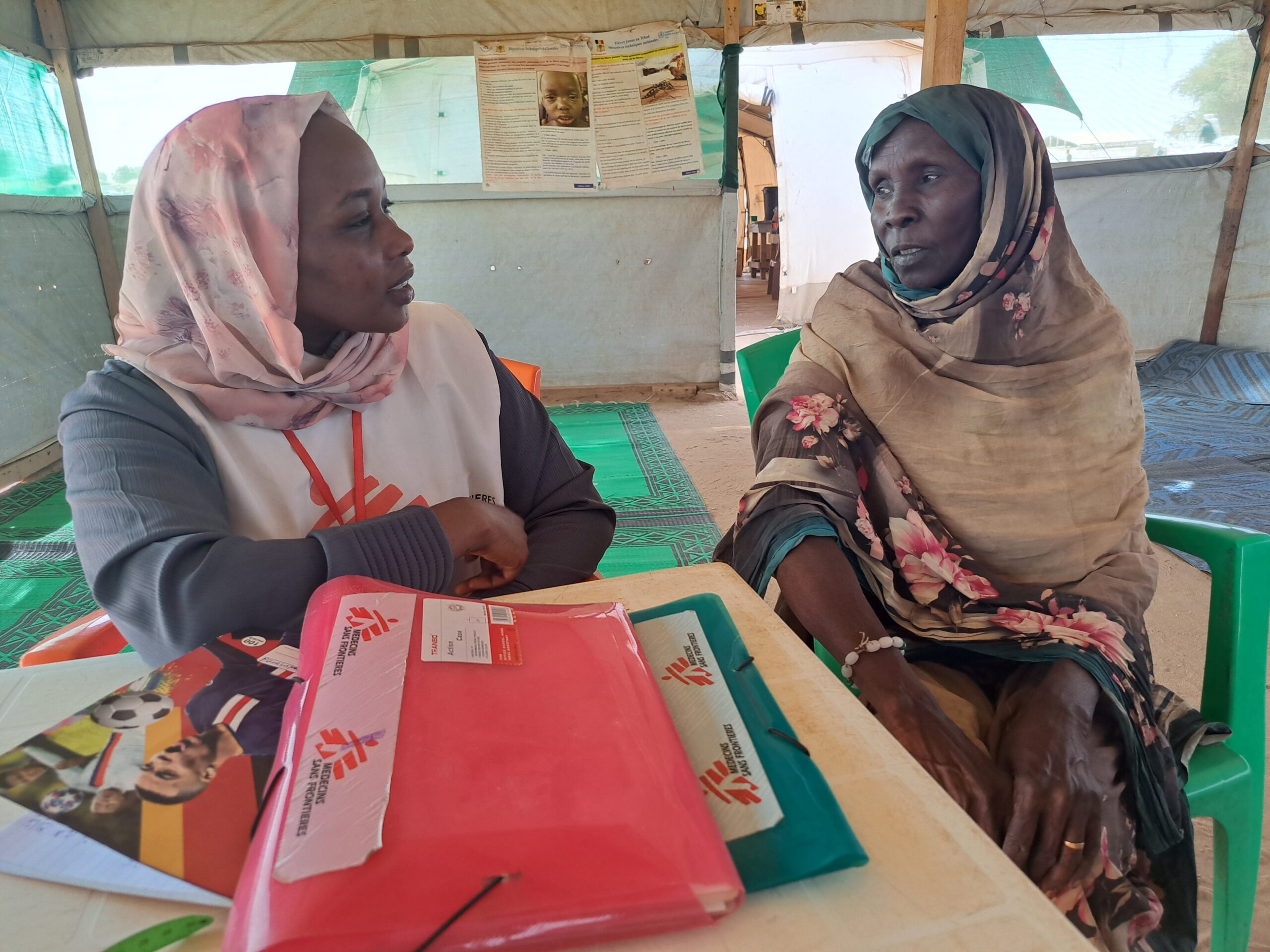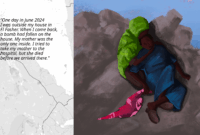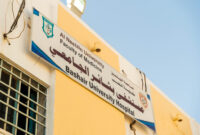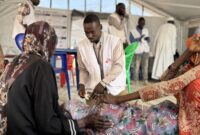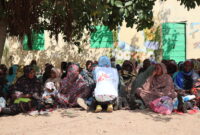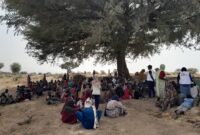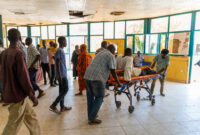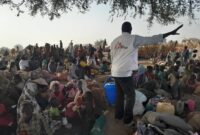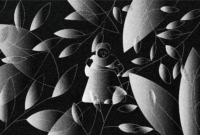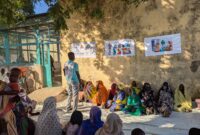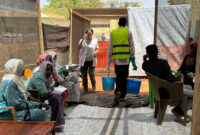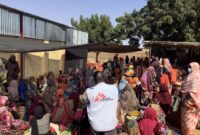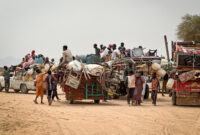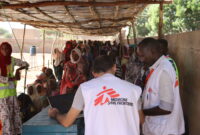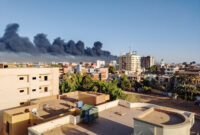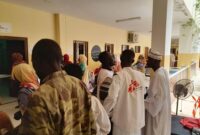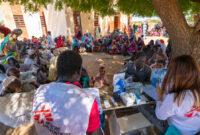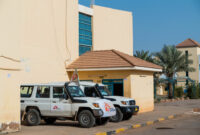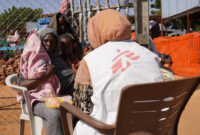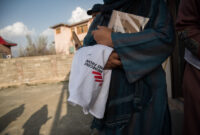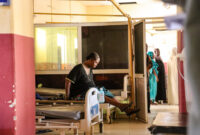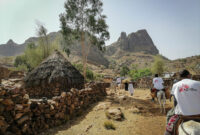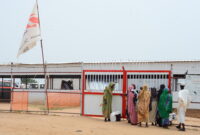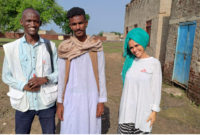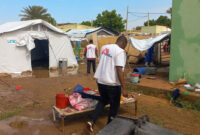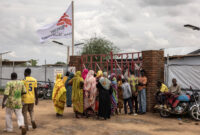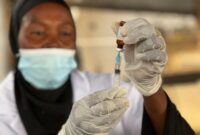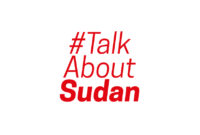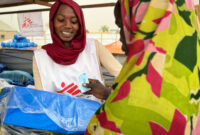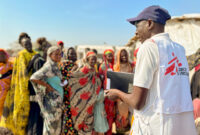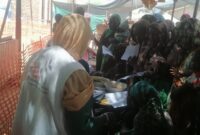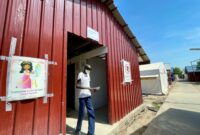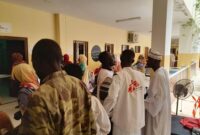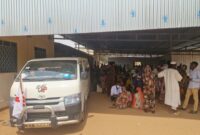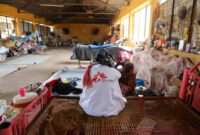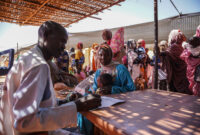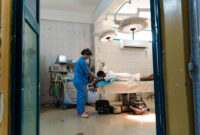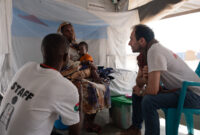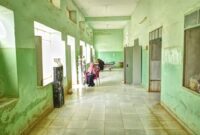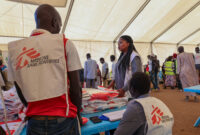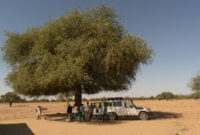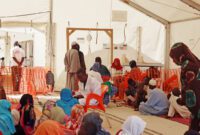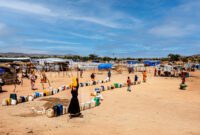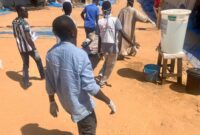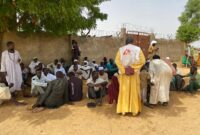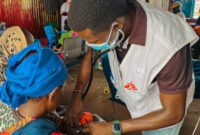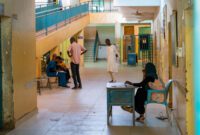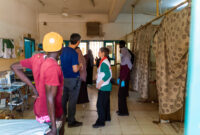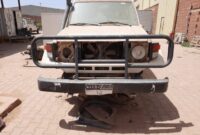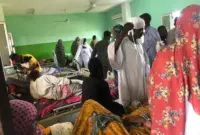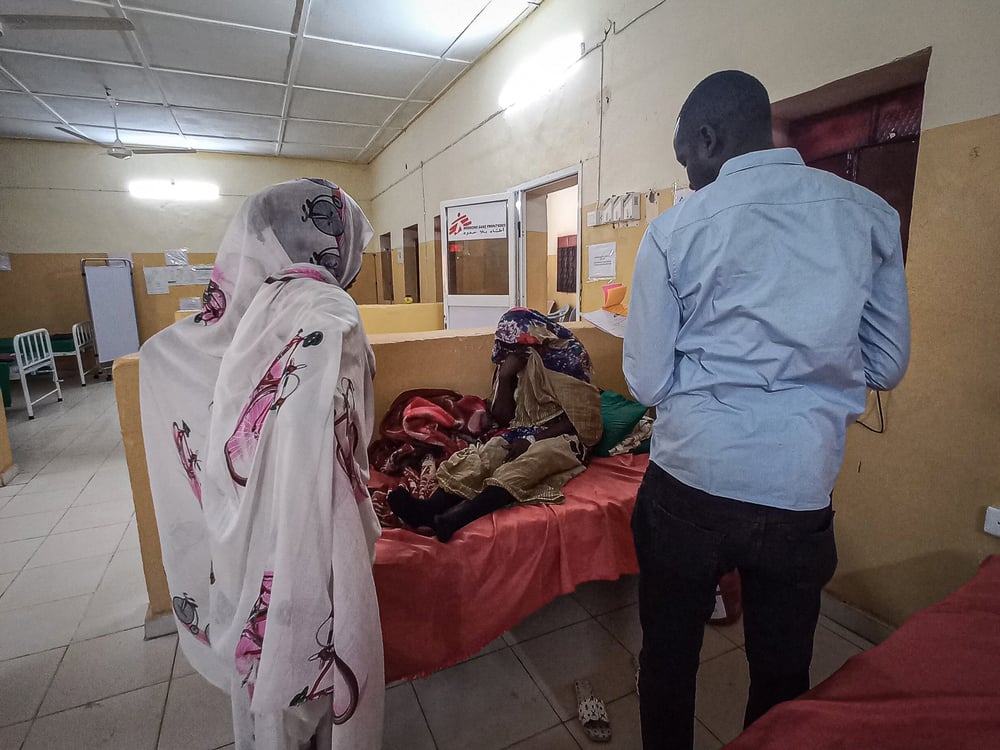Chad: Refuges from Sudan face dangerous journey in search of safety
Violence forces people into overcrowded camps where vital aid is strained
Bakboula Mamat Issa is one of 57,000 Sudanese people who managed to cross into Chad in the last three weeks. She fled El Fasher with her six children, who are between two and 14 years old. “I used to cultivate the land for a living. We ran for our lives leaving everything behind when armed men attacked our homes and set them on fire. Everyone left, all my family, my neighbours. We walked for three days to reach Tawila. There are still many people there waiting to find some means of transport to flee to Chad, hoping to get a ride on a truck, like those used to carry food. We stopped one week in Tawila where relatives helped us and gave us clean clothes. I sold my phone, the only item I was able to hide and carry with me, to pay the transport costs. I was charged 1,550 [Sudanese] pounds ($3.55 Canadian dollars) for each passenger, but I managed to bargain a little since my kids are small.”
She brought Modda, her youngest girl sick with diarrhea, fever and a persistent cough, to the Doctors Without Borders/Médecins Sans Frontières (MSF) health post at the Adre border crossing point. The little girl was then referred to the MSF-supported pediatric wards in Adre hospital for further treatment.
Maryam also reached Adre after fleeing her home in Zamzam when the Rapid Support Forces stormed the camp in mid-April. There is hardly any flesh left under the dusty garment that drapes her. Thick cataract clouds her eyes. Our team met her when examining her feverish baby niece at the border. She explained it took her group four days to travel from Tawila to Adre, going through Golo, Zalingei and El Geneina. “We have been told by people at the refugee processing centre [at Adre border point] that they will take us to Dougui camp. We are waiting to go.”
Most new arrivals seen by MSF at border entries are women, children and older people who report harrowing and widespread violence in North Darfur. Some say men and young people cannot travel as they are reportedly at more systematic risk of arrest and killings on the roads leading to Chad.
In Adre, MSF continues to run a health post at the border and to support several clinics and inpatient services in town and nearby camps to facilitate healthcare for refugees and host communities. Our teams are also currently working on scaling up our activities in the overcrowded Tine transit camp to cope with the rapidly deteriorating situation.
